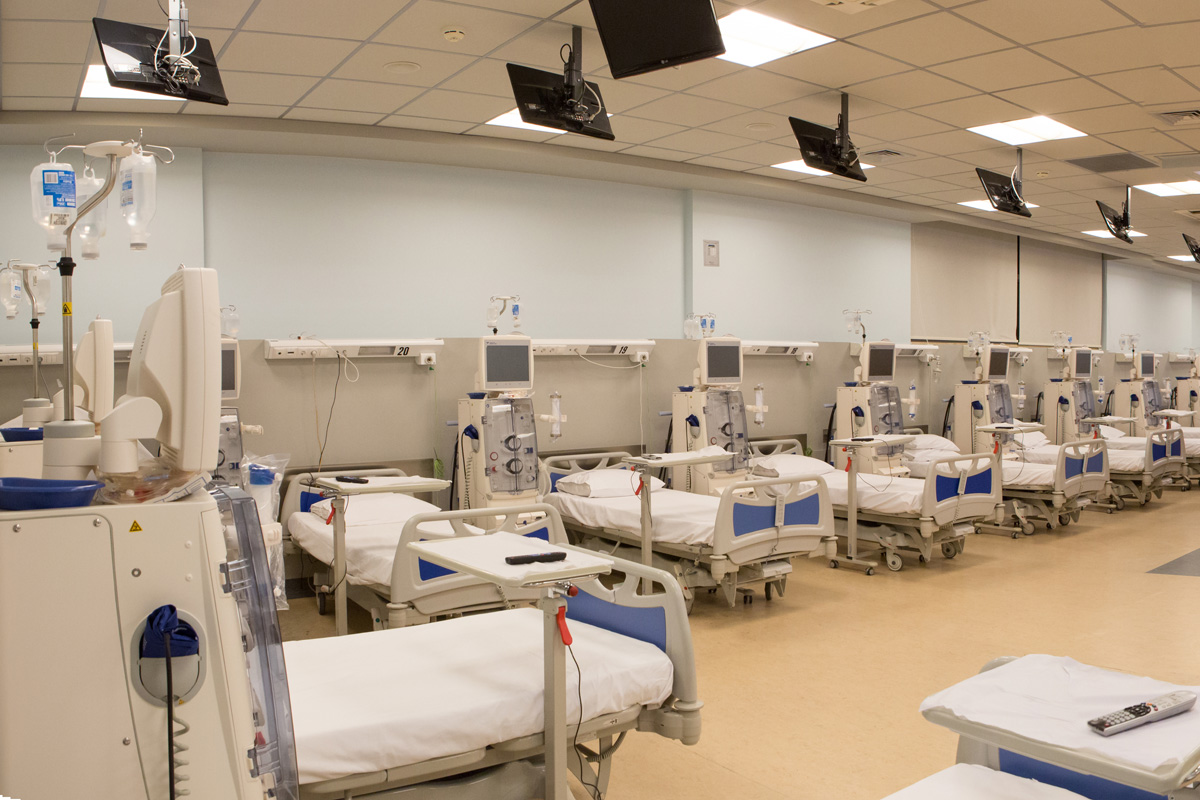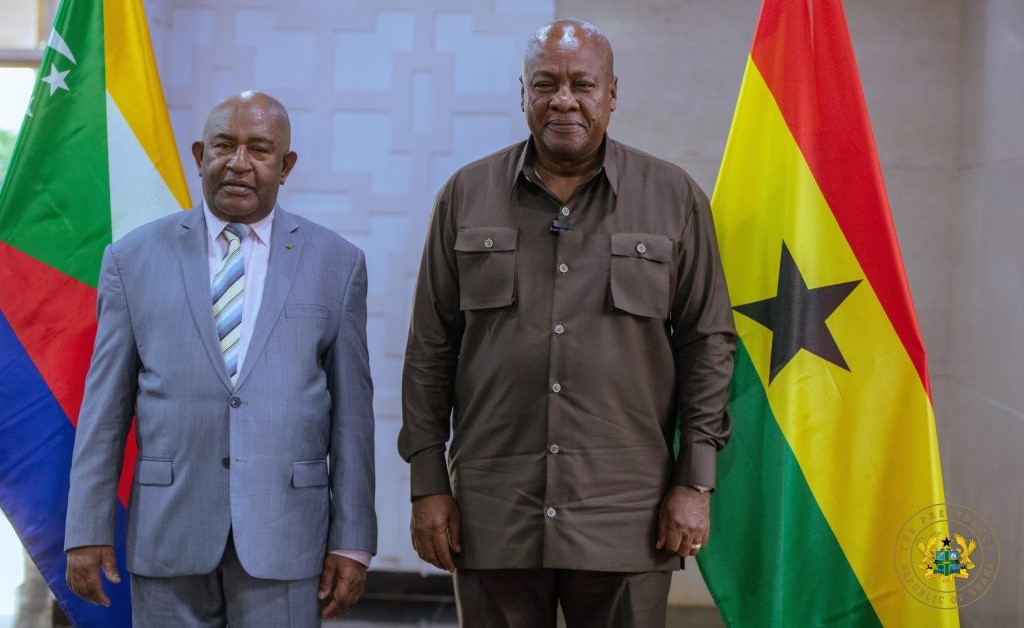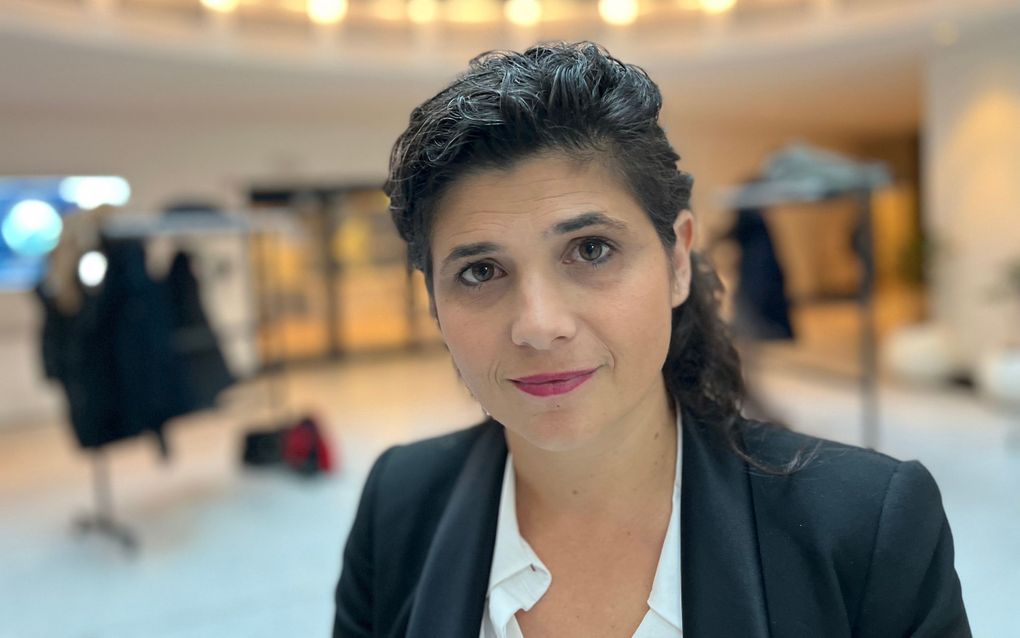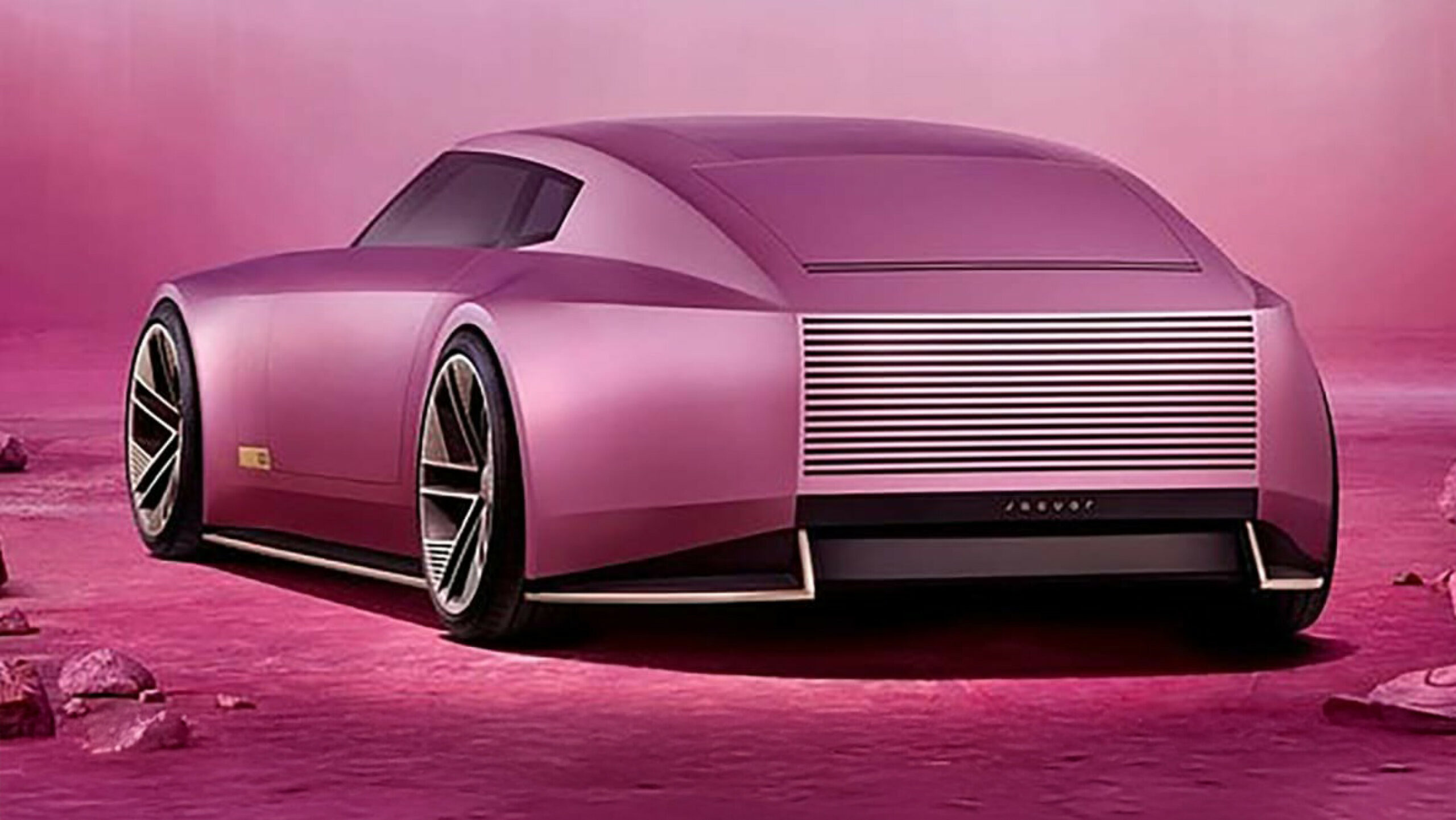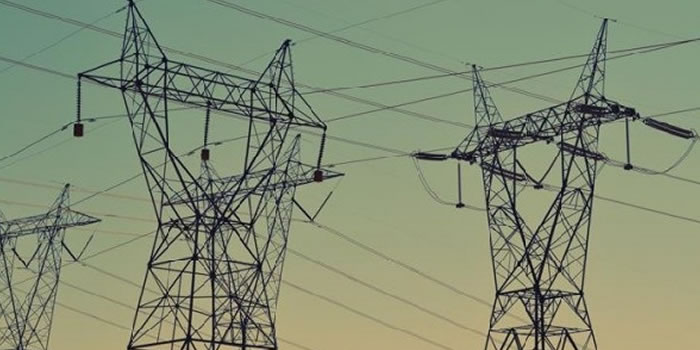Ghana has begun rendering free dialysis treatment for patients with kidney related problems with the country’s top two hospitals Komfo Anokye Teaching Hospital (KATH) located in the second largest city Kumasi and Korle Bu Teaching Hospital in Accra shortlisted to offer the clinical filter removal procedure.
The National Health Insurance Scheme (NHIS) has announced the names of health facilities that will provide free dialysis treatment across the country starting December 1, 2024.
The country has been hit kidney diseases in the past three years which the health sector is working to put an end to the situation. It was later thought that the provision of free treatment to kidney-problem patients would help deal with the disease, and government promising its support in the nationwide fight.
As output of collaborative work, the National Health Insurance Authority (NHIA) has Sunday named hospitals that will offer free dialysis treatment, and they are Hart Adventist Hospital, Komfo Anokye Teaching Hospital, FirstCare Hospital, Holy Family Hospital (Berekum), Cape Coast Teaching Hospital, Eastern Regional Hospital, Korle Bu Teaching Hospital, 37 Military Hospital, Newtown Islamic Hospital Ltd.
The Ghana Police Hospital, Trust Hospital Premium Centre, Ridge Regional Hospital, International Maritime Hospital, Tamale Teaching Hospital, Regional Hospital in Bolgatanga, Upper West Regional Hospital, Ho Teaching Hospital, Volta Regional Hospital in Hohoe, Effia Nkwanta Regional Hospital, and Takoradi Hospital have also been approved to render the service.
What is dialysis
When kidneys cannot perform well due to disease or injury, dialysis can help keep the body running. Kidney failure occurs when the kidneys perform only 10% to 15% of their typical function. Without dialysis, salts and other waste products accumulate in the blood and can damage other organs.
Types of dialysis
Types of dialysis are hemodialysis, peritoneal dialysis, and continuous renal replacement therapy (CRRT).
Hemodialysis is a form of dialysis that uses a filter called a hemodialyzer to remove waste and extra fluid from the blood.
Peritoneal dialysis uses a peritoneal dialysis (PD) catheter in your abdomen to filter your blood. The catheter filters blood through the peritoneum, a membrane in your abdomen.
CRRT is used primarily in the intensive care unit for people with acute kidney failure. It’s also known as hemofiltration.
A machine passes the blood through the tubing. A filter then removes waste products and water. A machine returns the blood to the body, along with replacement fluid. This procedure is performed 24 hoursTrusted Source or more at a time.
This announcement follows Vice President Dr Mahamudu Bawumia’s announcement that starting 1 December 2024, the government will provide free dialysis treatment for all kidney patients covered by the NHIS.
Dr Bawumia emphasised the government’s commitment to supporting kidney patients through the scheme.
The initiative builds on a successful pilot programme launched earlier this year, which targeted patients over 60 and under 18 years of age.
Under the new policy, registered kidney patients under the NHIS will be entitled to free dialysis treatment, a measure designed to ease the financial burden on patients and their families, who often struggle to afford the procedure.
Concerns have been raised about the policy’s readiness before its launch.
However, the NHIA has assured the public that preparations are being expedited to provide additional dialysis machines to participating facilities.
NHIA CEO Dr Dacosta Aboagye confirmed that funding from the World Bank has been approved to support the policy rollout and help save hundreds of patients.
